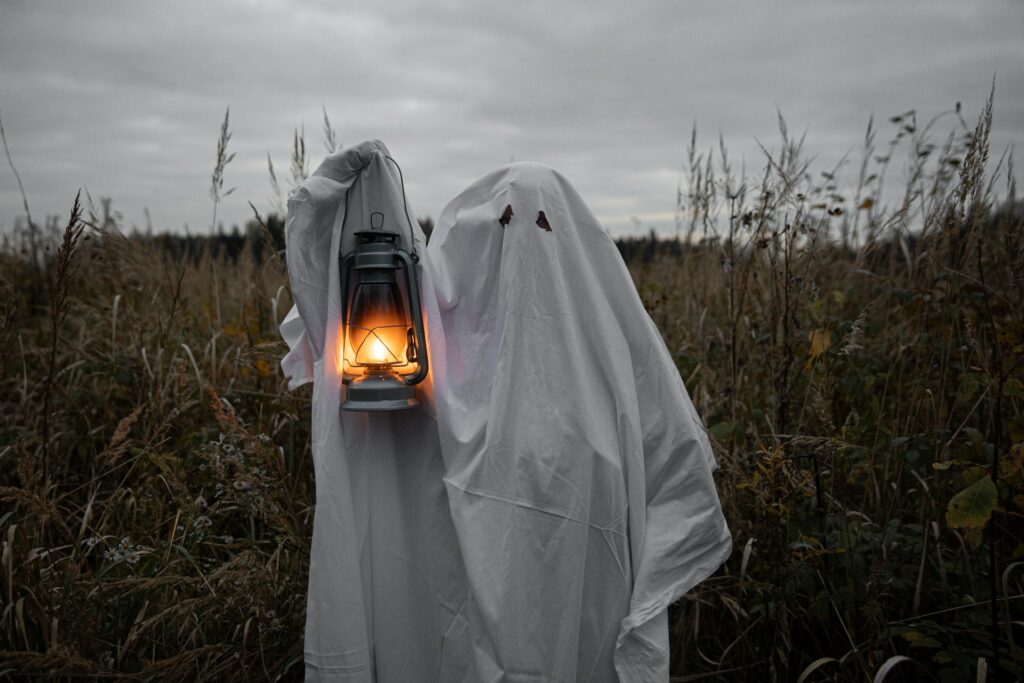A Checklist for Writing Your Story

Use this checklist for writing your story, and you will write even stronger stories. David Farland was a best-selling author and contest judge for the world’s largest short story competition. When I used to write for competitions, I would make lists of ways that judges might look at my work in order to grade it. […]
Haunting Your Character with a Ghost (or Wound)

In storytelling, a character’s ghost is a past, significant (and often traumatic) event that shaped his worldview in a thematic way. It prepares the character arc and works as a motivator. Choose the appropriate ghost for your character and learn how to reveal it to the audience. It’s finally the month of Halloween! And if […]
Considering Your Setting

Real vs. Fictitious Settings In mainstream literature, we typically deal with settings that either already exist or which have existed historically. Thus, when you write about the city of Chicago, it behooves you to do your research. If you say that there is a great sandwich shop on the corner of 25th and Regal, there […]
Refining Your Tastes

There is a danger in exposing yourself to too much vapid art. It can weaken your judgment and erode your sensibilities, until the time comes when you see things that are merely passable, and somehow think that they’re good.
Showing, Telling, Making

the adage “Show, don’t tell” is used to beg for more information. Yet I’ve always felt that that advice is . . . imprecise.
Spectacular Settings

When I’m looking at a story, one of the simple things I look at is setting. There are so many aspects to setting, so let’s just look at a few
Making Better Magic Systems, Lesson 10

When Fantasy Fails Sometimes I read a story that is well written and it leaves me empty. It’s like feasting on cotton candy—there is an illusion that there is something to it, that you’ve consumed a huge volume of food, but ultimately . . . well, cotton candy is just sugar with a few dyes […]
Making Better Magic Systems, Lesson 9

Dueling Magic Systems In our very first lesson (find it here), I pointed out that readers of fantasy crave tales with a strong sense of wonder. That’s why many editors seek stories that have a high level of magic. In short, magic happens frequently. But you might notice that if you only have one magic […]
Making Better Magic Systems, Lesson 8

The Heart of Your Tale Nearly all stories in science fiction and fantasy deal with new systems of power—whether it be Frodo’s magic ring or Asimov’s robotics, ultimately you’re creating a new system for acquiring and maintaining power, and when you do this, as Orson Scott Card put it, you are forced at some level […]
Making Better Magic Systems, Lesson 7

Organic Magic Some magic systems just don’t make any sense. That doesn’t mean that they can’t be fun, it just means that the audience will frequently be reminded at how silly it all is. When this happens, it reminds the audience that this is “just a story,” and can effectively remove the reader from the […]


